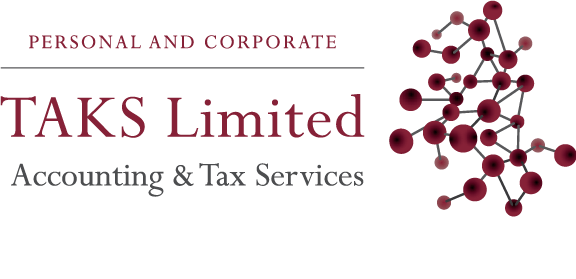Members' Voluntary Liquidations (“MVLs”)
You may choose members’ voluntary liquidation if your company is ‘solvent’ (can pay its debts) and one of the following applies:
- you want to retire.
- you want to step down from the family business and nobody else wants to run it
- you do not want to run the business any more
A Members' Voluntary Liquidation (MVL) is a process used to wind up a solvent company and distribute its assets among the shareholders. The purpose of an MVL is to allow the company's shareholders to extract their investments in a tax-efficient manner.
When a company is liquidated through an MVL, there can be potential tax savings for the shareholders. Here are some key points to consider:
Capital Gains Tax (CGT) savings: In many jurisdictions, including the United Kingdom, shareholders may be eligible for capital gains tax savings when liquidating a solvent company through an MVL. This is because distributions made in an MVL are typically treated as capital rather than income for tax purposes. Capital gains tax rates are often more favorable than income tax rates.
Business Asset Disposal Relief: In the UK, if certain conditions are met, shareholders may be eligible for Entrepreneur's Relief (now known as Business Asset Disposal Relief). This relief can result in a reduced rate of capital gains tax (10%) on the qualifying gains realized during the liquidation.
Tax-efficient distribution of assets: In an MVL, the company's assets are distributed to the shareholders as capital rather than as income. This can be advantageous as capital distributions may be subject to lower tax rates compared to income distributions.
Utilizing tax allowances and reliefs: By using an MVL, shareholders can potentially make use of their annual tax allowances and exemptions, such as the annual exemption for capital gains tax, to minimize their overall tax liability.
It's important to note that tax laws and regulations vary by jurisdiction, so the specific tax benefits and savings associated with an MVL may differ depending on the country or region in which the company operates. It is always recommended to consult with a qualified tax advisor or accountant who can provide personalized advice based on your specific circumstances and local tax regulations.
 Rating
Rating
© 2024
TAKS Limited
